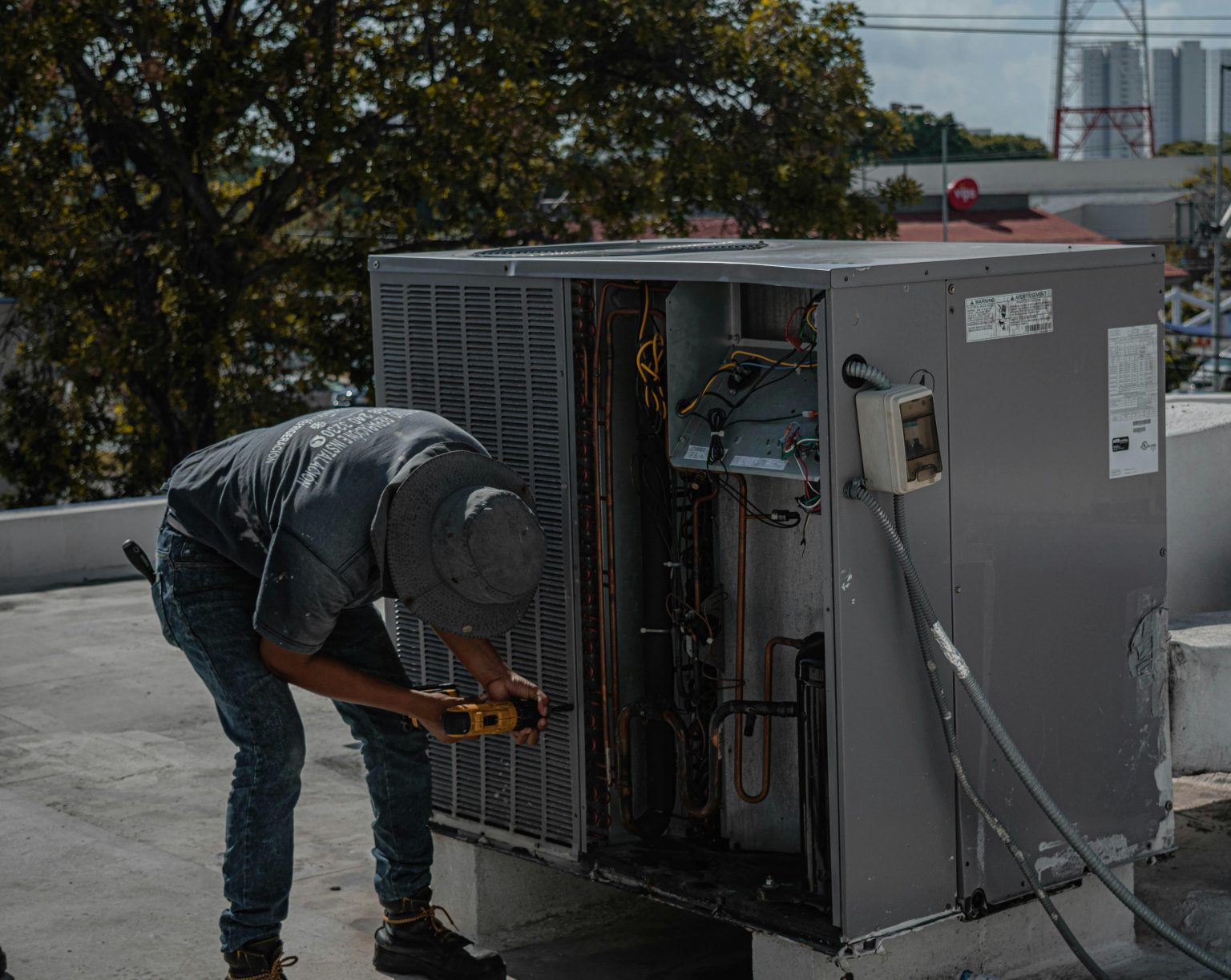As a business owner or manager, you’re constantly balancing budgets, optimizing operations, and striving for productivity. Among the many systems that keep your company running, the HVAC (Heating, Ventilation, and Air Conditioning) system might seem like just a utility. You notice it when it’s not working, but otherwise, it’s often out of mind. However, a failing or inefficient commercial HVAC system is far more than an inconvenience; it can be a silent drain on your resources, directly impacting employee productivity and, ultimately, your bottom line.
In today’s competitive landscape, you simply cannot afford to have a bad HVAC system. It’s a foundational element that underpins the comfort, health, and efficiency of your entire commercial operation.
Impact on Employee Productivity: Comfort Equals Output
Think about trying to work in an office that’s either sweltering hot or uncomfortably cold. It’s difficult, isn’t it? Extreme temperatures, poor air circulation, or high humidity levels directly affect employee comfort and, consequently, their productivity. Discomfort leads to distraction, reduces focus, and can even cause physical symptoms like headaches or fatigue.
When your team is constantly adjusting thermostats, complaining about the temperature, or feeling unwell due to poor indoor air quality, their ability to concentrate on tasks diminishes. A well-functioning HVAC system, maintained through regular commercial HVAC service, ensures a stable, comfortable environment where employees can remain focused, efficient, and motivated, leading to higher output and better quality work.
Negative Customer and Client Experience: Driving Business Away
For businesses that rely on foot traffic, client visits, or creating a welcoming atmosphere – like retail stores, restaurants, or medical offices – a compromised HVAC system can be a silent killer of customer satisfaction. Imagine a diner trying to enjoy a meal in a stuffy restaurant, or a client feeling clammy and uncomfortable during an important meeting.
These negative experiences reflect poorly on your brand, regardless of the quality of your products or services. Uncomfortable customers are less likely to linger, return, or recommend your business. A reliable HVAC system is essential for providing a consistently pleasant environment that keeps customers comfortable, encourages longer stays, and fosters positive reviews and repeat business.
Increased Energy Costs: A Direct Hit to Your Profit Margin
One of the most immediate and tangible impacts of a bad HVAC system is its effect on your energy bills. An old, poorly maintained, or malfunctioning unit has to work much harder to achieve and maintain desired temperatures. This inefficiency translates directly into higher energy consumption and, consequently, significantly inflated utility costs.
Leaks in ductwork, worn-out components, or improper thermostat settings can cause your system to run constantly or cycle inefficiently, wasting electricity or fuel. Investing in regular commercial HVAC service and timely repairs helps your system run at peak efficiency, directly reducing your operational overhead and boosting your profit margin.
Equipment Protection and Data Security: Safeguarding Your Assets
Beyond human comfort, HVAC systems play a critical role in protecting sensitive equipment and inventory. Data centers, server rooms, and even standard office electronics require stable temperature and humidity levels to function correctly. Overheating can lead to equipment failure, data loss, and costly downtime.
Similarly, certain inventory in retail or storage (e.g., food, pharmaceuticals, delicate materials) requires specific climate control. A reliable HVAC system safeguards these valuable assets, preventing damage, extending their lifespan, and ensuring business continuity. Without consistent temperature regulation, your essential tools and products are at risk.
Regulatory Compliance and Reputation: Avoiding Costly Penalties
Depending on your industry, maintaining specific temperature and ventilation standards might not just be good practice – it might be a legal requirement. Non-compliance with building codes, health regulations, or workplace safety standards related to HVAC can lead to fines, penalties, and even forced temporary closure.
Beyond legal ramifications, a business known for uncomfortable conditions or frequent HVAC breakdowns can suffer significant reputational damage. A commitment to a well-maintained HVAC system through professional commercial HVAC service demonstrates professionalism and care, enhancing your brand image and avoiding costly issues.
Conclusion: Your HVAC System – A Core Business Asset
Your commercial HVAC system is far more than just a convenience; it’s a critical operational asset. Its health directly impacts employee productivity, customer experience, energy costs, equipment protection, and regulatory compliance. Neglecting your HVAC can lead to a cascade of negative consequences that ultimately hurt your business’s bottom line. Investing in proactive maintenance and timely repairs is not just about comfort; it’s a strategic decision that safeguards your company’s success, reputation, and profitability.


